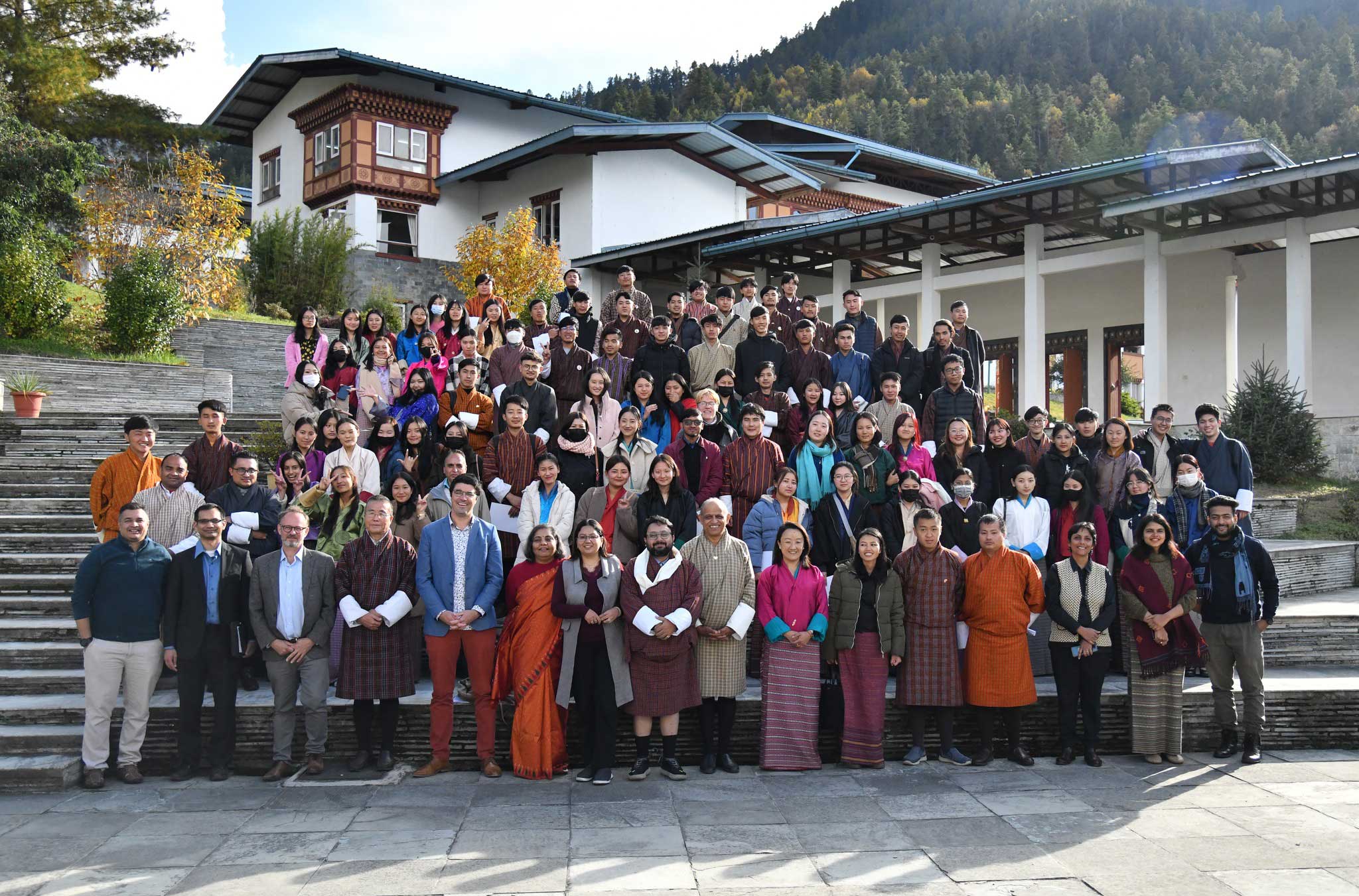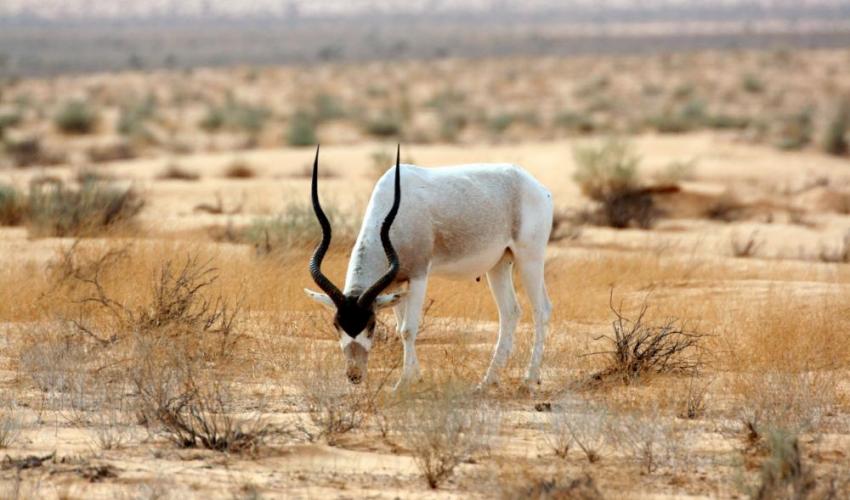New IBRRI report highlights climate change adaptation in Indo-Burma wetlands
The “Regional Synthesis of Results and Lessons from Mekong WET Small Grants 2021-2022”, highlights the results of 17 initiatives in key wetlands to enhance future ecosystem services and support climate change adaptation.

The initiatives aimed to reverse the decline in biodiversity and ecosystem services seen throughout the Indo-Burma region, as part of the five-year Mekong WET project, funded by the International Climate Initiative of the German Federal Ministry for the Environment, Nature Conservation, Building and Nuclear Safety. The project was designed to develop a framework for delivering Ecosystem-based Adaptation and mitigation benefits from existing and planned Ramsar sites, or Wetlands of International Importance.
The project awarded a total of 17 small grants to a variety of local civil society organisations, university researchers and national and international non-governmental organisations (NGOs) in Cambodia, Lao PDR, Myanmar, Thailand and Viet Nam. The grants conducted climate change vulnerability assessments in new wetlands and implemented priority restoration and conservation actions identified in past assessments under the Mekong WET project. The funding amount of each grant ranged from EUR 5,000 to EUR 20,000 and added up to over EUR 300,000.
The new publication by the Indo-Burma Ramsar Regional Initiative (IBRRI), provides a synthesis of case studies of the 17 initiatives, highlighting both successful achievements and challenges encountered; identifying lessons learned and considerations for sustainability; and providing recommendations for future investment considerations.
Though the Mekong WET project ended in 2022, the work on wetlands in the five countries will continue through IBRRI, a unique regional platform designed to address the most pressing threats to regional wetlands, and foster discussions on transboundary wetlands.
“The Mekong WET project has increased the recognition of the numerous ecosystem services provided by wetlands in the region, and the pressures they are facing. Throughout the last five years, the project has worked to build capacity of site managers, decision-makers, and local civil-society organisations to strengthen conservation of these essential sites and highlight their importance for increased climate resilience,” said Kathryn Bimson, Programme Officer, Water, Wetlands and Nature-based Solutions for Climate, IUCN Asia Regional Office.
“FCEE was delighted to work on three projects, at three wetland sites thanks to IBRRI small grants. In the coastal mangroves, the grant supported building and running of a mangrove tree nursery which provides income for local community members and will help restore the forest to make the area more resilient to climate change impacts,” said Det Song, Plant Specialist, Biodiversity Researcher at Fishing Cat Ecological Enterprise, a grantee in Cambodia.
“With funding from IBRRI on the Mekong Broodstock Protection initiative in Stung Treng Ramsar Site, Cambodia, CEPA has successfully developed and implemented mechanisms to improve the management and conservation of the broodstock zones, which resulted in increased fish catch each year and also supported local communities with their daily consumption of fish,” said Rasmey Luy, Executive Director at Culture and Environment Preservation Association, a grantee in Cambodia.
Read the full report here
Funded by the International Climate Initiative (IKI) of the German Federal Ministry for the Environment, Nature Conservation, Building and Nuclear Safety (BMUB), the “Mekong WET: Building Resilience of Wetlands in the Lower Mekong Region” project aims to build climate resilience by harnessing the benefits of wetlands in Cambodia, Lao PDR, Myanmar, Thailand, and Viet Nam.
The Indo-Burma Ramsar Regional Initiative (IBRRI) was jointly developed by the Ramsar National Focal Points of the five countries (Cambodia, Lao PDR, Myanmar, Thailand, and Viet Nam) and IUCN’s Asia Regional Office, based on specific needs identified in these countries. It was endorsed by the 52nd meeting of the Ramsar Convention Standing Committee in June 2016. The IBRRI aims to support the coordinated implementation of the objectives of the Strategic Plan of the Ramsar Convention. IUCN acts as the Secretariat for the Initiative under the leadership of the Steering Committee, which includes representatives from the five governments and the Ramsar Convention Secretariat as an observer.



